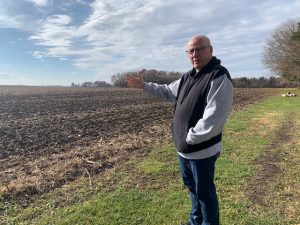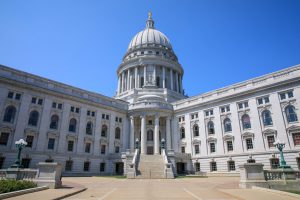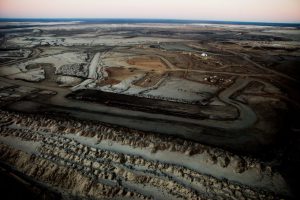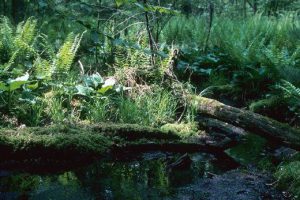
Clean Wisconsin and Other Leading Environmental Groups Call On U.S. Supreme Court to Reject Attack on Clean Air Act
Case could block Clean Air Act protections and drastically weaken the EPA’s ability to act on climate This week, the U.S. Supreme Court heard oral arguments in West Virginia v.
Read More







